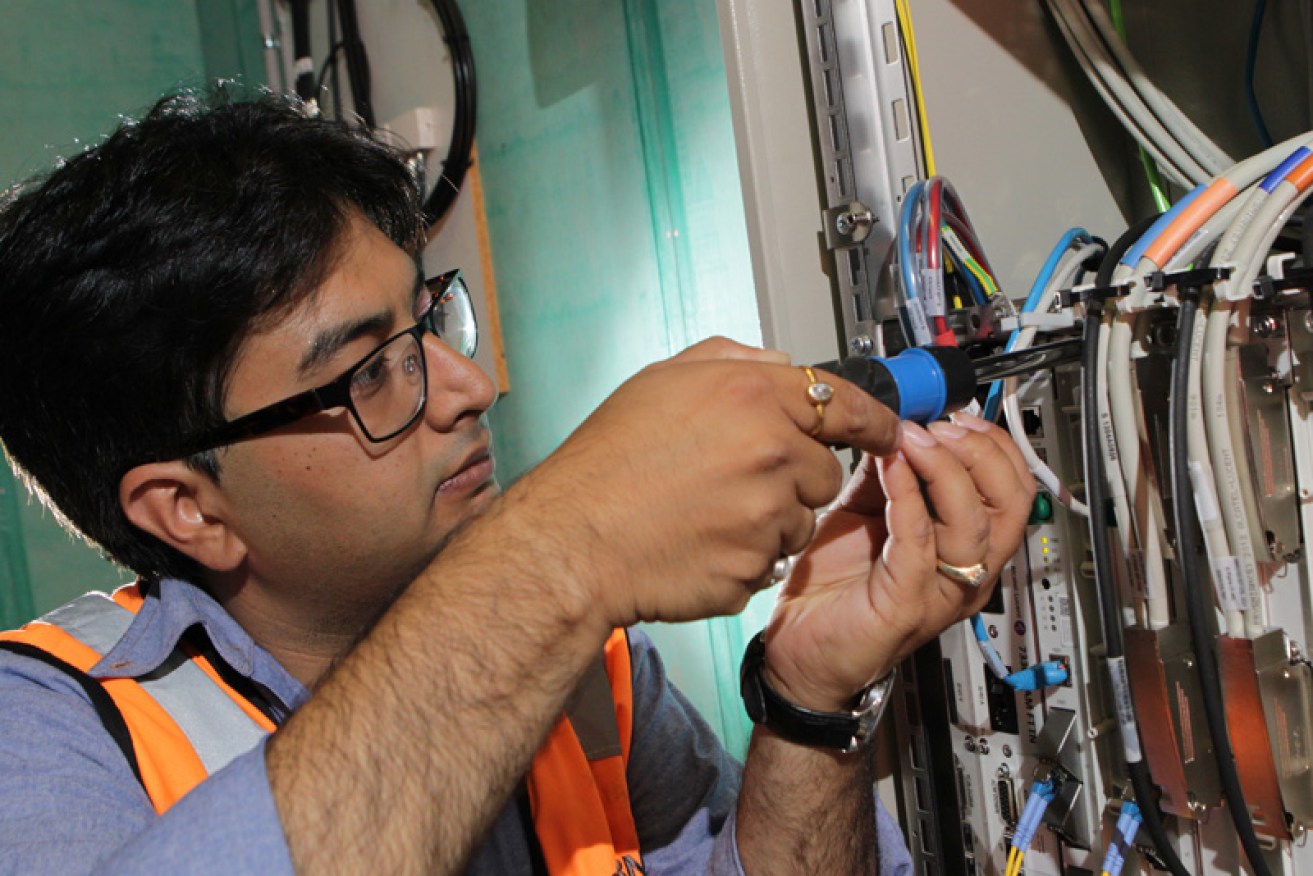Single Touch Payroll system could direct workers to high-cost super funds


New workers could be signed up to high-cost funds. Photo: Getty
The Australian Taxation Office’s Single Touch Payroll automation system could push workers into choosing unsuitable and high fee superannuation funds, Industry Super Australia believes.
The system, to be rolled out to all employees with 20 or more workers by July 1 2018, will speed up and simplify payrolls by notifying the ATO immediately of wage and salary payments, tax payments and superannuation contributions immediately when they are made.
ISA fears that under new proposals employees starting a new job may be pressed to use Single Touch Payroll (STP) to sign up to a super fund without giving them access to fee or investment return comparisons. That could prompt them to choose a fund other than the low-fee employer default.
The changes, ISA says, will come without Parliamentary scrutiny. They will also bypass the current Productivity Commission review of default super and will not necessarily refer to the default super system overseen by the Fair Work Commission which directs super contributions of those who do not make individual choices.
This could leave employees with lower super nest eggs, either retiring with less or having to work longer, ISA said in a statement
ISA CEO David Whiteley said the proposals, if implemented, would work in the interests of private financial institutions who were seeking to change the super system to suit their vertically integrated and scandal-prone business models is working.
“New employees, including those starting their very first job, could be pushed into choosing a super fund without the information to make an informed choice, or the reassurance of a default fund safety net,” said Mr Whiteley.
“With an estimated eight in ten Australians not choosing their own fund and relying on the default safety net, the risk is Australians could select underperforming super funds”, said Whiteley.
SuperRatings data shows industry super funds have outperformed bank-owned super funds by around 2 per cent for the decade to 30 June 2017. Over a full working life, 2 per cent is a difference of $200,000* on the average nest egg.
“It appears policymakers are caving in to bank pressure to remove consumer protections so they can increase their market share,” said Whiteley.
In a submission to the ATO’s Online Choice of Fund Design consultation, Industry Super highlights the form:
• Assumes employees have detailed fund information and can make decisions in their financial interest;
• Fails to include information on a person’s listed funds’ MySuper status, fees and net returns;
• Fails to include information on the employer’s specific default fund;
• Fails to allow for account consolidation;
• Fails to properly test behavioural biases and poor financial literacy;
• Pre-empts the Productivity Commission’s review into default selection mechanisms.
Industry Super recommends government:
1) Postpone STP fund choice until the Productivity Commission inquiry is complete, and the default fund safety net future decided;
2) Redraft the design to support informed decisions that connect employees to workplace-suitable quality funds.








